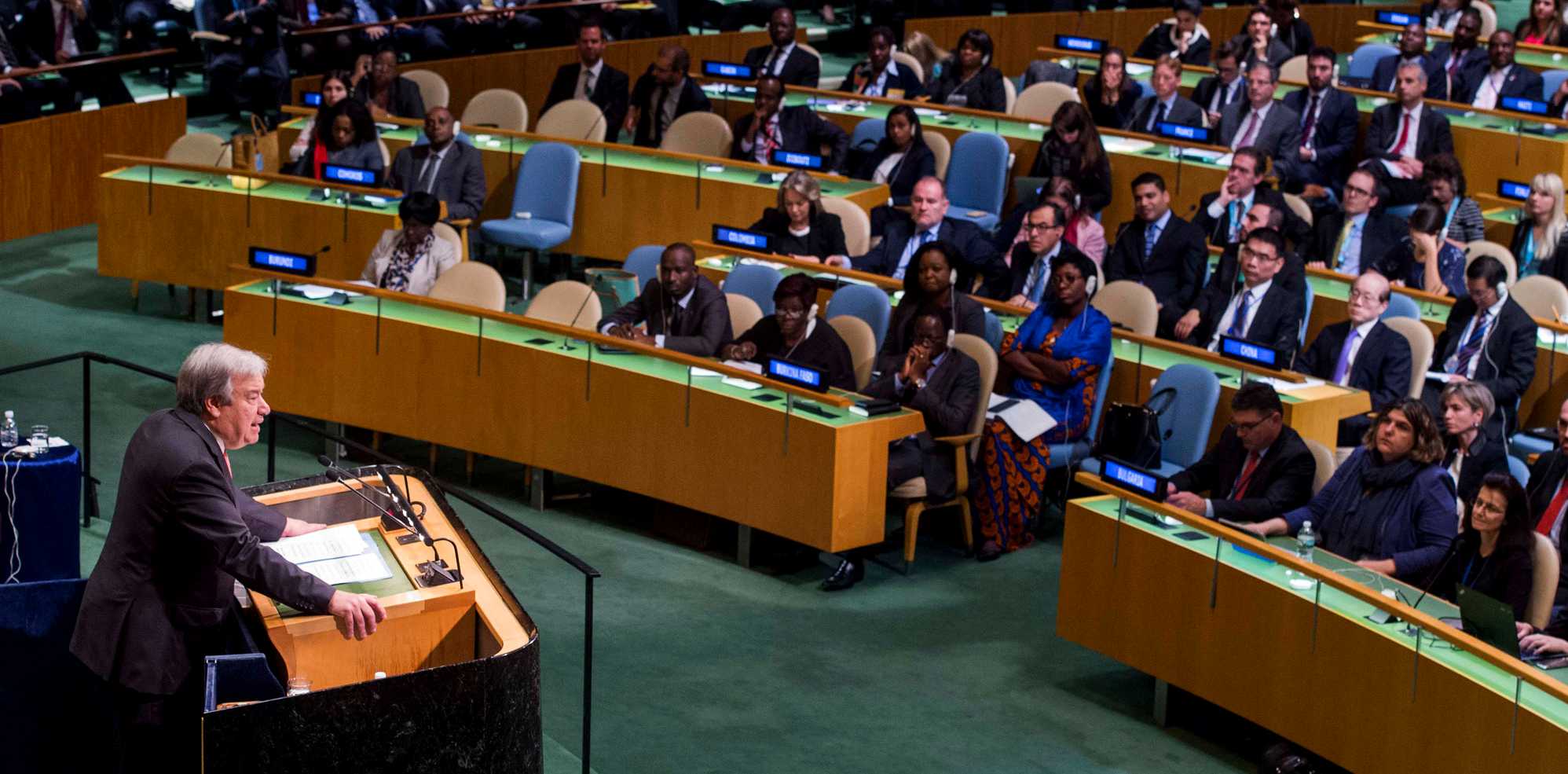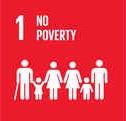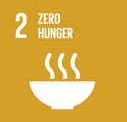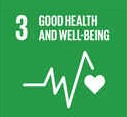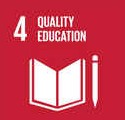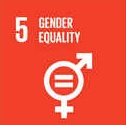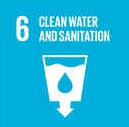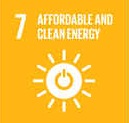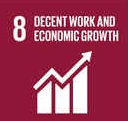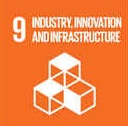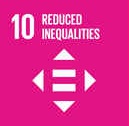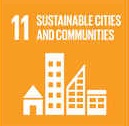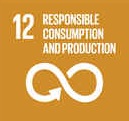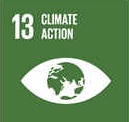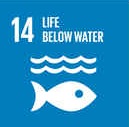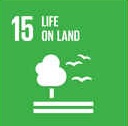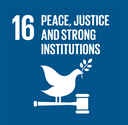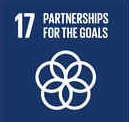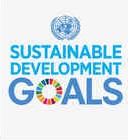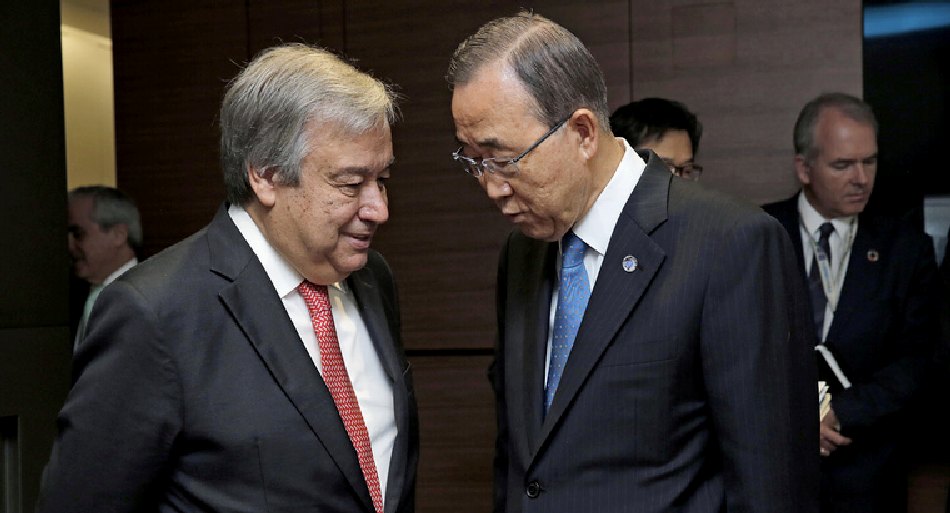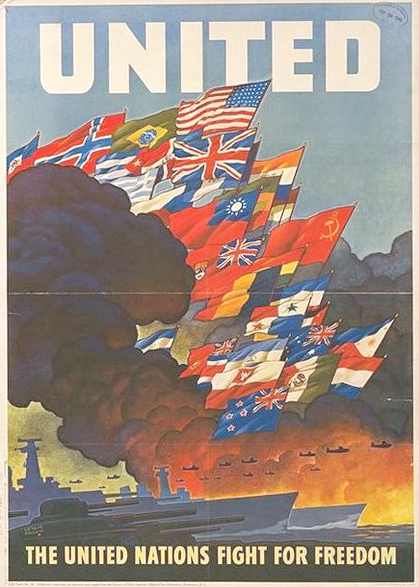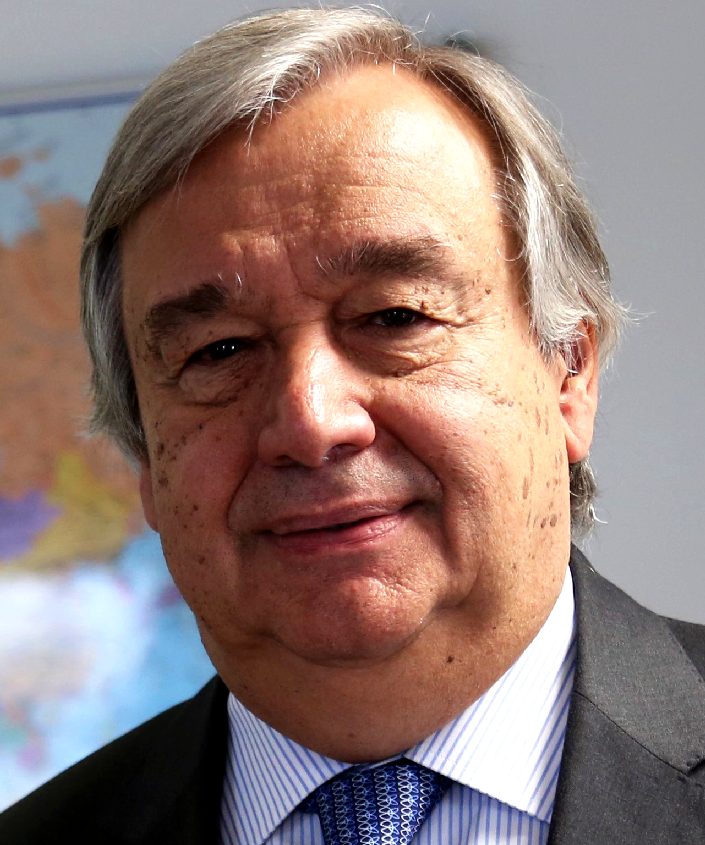|
UNITED NATIONS
|
|||||||||||||||||||||||||||||||||||
|
ANTONIO GUTERRAS - The Secretary-General of the United Nations (UNSG or just SG) is the head of the United Nations Secretariat, one of the six principal organs of the United Nations. The Secretary-General serves as the chief administrative officer of the United Nations. The role of the United Nations Secretariat, and of the Secretary-General in particular, is laid out by Chapter XV (Articles 97 to 101) of the United Nations Charter.
Guterres became United Nations Secretary-General on 1 January 2017, following his formal election by the UN General Assembly on 13 October 2016.
UN 2021
So far this year we have seen some action in terms of climate and air pollution, in the IMO introducing MARPOL regulations. The big deal will take place in November in Glasgow, Scotland - COP26.
UN 2020
This year was a bit of damp squib for the UK, in that despite the world warming faster than ever, there was no Conference of the Parties, concerning climate change.
UN 2019
Under increasing pressure from the population to act to secure the future of the planet, many of the UN member nations have declared a climate emergency.
The failure to act in good time to prevent the extinction of life on earth, to include humans, was highlighter by the number of schoolchildren refusing to attend lessons where their future is being threatened by irresponsible adults. Most notable in this year was the speeches of Greta Thunberg, a Swedish climate activist. Good call Greta!
UN 2017
The UN's role in the Haiti cholera outbreak has been widely discussed and criticized after the
Ban Ki-moon administration denied the issue for several months. According to the Boston-based Institute for Justice & Democracy in Haiti as well as numerous conclusive scientific studies, the UN is the proximate cause for bringing cholera to Haiti. Peacekeepers sent to Haiti from Nepal in 2010 were carrying asymptomatic cholera and failed to treat their waste properly before dumping it into one of Haiti's main water streams. During his UNSG informal dialogue, Jamaica, on behalf of the
Caribbean Community, asked if the UN should assume liability for any deaths within local populations that result from the introduction of infectious disease by its peacekeepers. Jamaica also asked if
Antonio
Guterres believes compensation should be provided. Guterres responded by calling the situation a "particularly complex question." He says that it is difficult to preserve diplomatic immunity while also ensuring there is no impunity, but that he would "pay a lot of attention in trying to find the right equilibrium between these two aspects that are absolutely crucial." In a UN General Assembly meeting in late October 2016, the representative from Haiti called the UN's current and future response to the cholera epidemic "a litmus test of the system's commitment to the promotion of human rights." Though many had hoped Guterres' term would mark a break with the inaction that characterized Ban Ki-moon's response to the epidemic, Guterres has done little to signal a commitment to cholera victims in Haiti. As of April 2017, five months into Guterres' term as Secretary-General, only $10 million had been contributed to the $400 million fund to fight cholera and provide material assistance to victims the UN announced in 2016.
The United Nations is represented in the G7 and G20.
OCEAN GOVERNANCE
The United Nations General Assembly set up in 2004 the “Regular Process for Global Reporting and Assessment of the State of the Marine Environment, including Socioeconomic Aspects”. The first output was the first global integrated assessment of the marine environment – World Ocean Assessment I. The Summary of this was approved by the United Nations General Assembly in December 2015.
http://www.worldoceanassessment.org/
The Ocean Action Hub aims to facilitate multistakeholders’ engagement as part of the preparatory process for the Ocean Conference. Bringing together governments, the UN system, intergovernmental organizations, international financial institutions, NGOs, civil society organizations, academic institutions, the scientific community, private sector, philanthropic organizations and other actors to assess challenges and opportunities related to SDG-14. http://www.oceanactionhub.org/
“Our Ocean” is a series of high-level conferences of governments and civil-society organisations, initiated by the United States in 2016. Our Ocean 2017 will be in Malta (hosted by the European Union), followed by Indonesia (2018), and Norway (2019).
The Economist (magazine) hosts an annual series of “World Ocean Summits“.
ANTONIO GUTERRAS - The present and former secretaries UN chat at a meeting.
UN HISTORY
The United Nations (UN) is an international organization that describes itself as a "global association of governments facilitating co-operation in international law, international security, economic development, and social equity." It was founded in 1945 by 51 countries, replacing The League of Nations which was founded in 1919.
As of 2010 there exist 191 United Nations member states, including virtually all internationally recognised independent nations, except Vatican City (the Holy See) (which has declined membership but is an observer state), Palestine (whose status is still one of a de facto state, and has not yet legally declared statehood), Niue and the Cook Islands (whose foreign affairs are dealt with by the New Zealand Government), The Turkish Republic of Northern Cyprus (which had been recognized only by Turkey), and Taiwan, which has not been internationally recognised as independent or as the Republic of China (whose status as a member state was transferred to the People's Republic of China in 1971). Palestine and the Holy See both have Permanent Observer Missions to the UN.
From its headquarters in New York City, the UN's member countries and specialized agencies give guidance and decide on substantive and administrative issues in regular meetings held throughout each year. The organization is divided into administrative bodies, including the UN General Assembly, UN Security Council, UN Economic and Social Council, UN Trusteeship Council, UN Secretariat, and the International Court of Justice, as well as counterpart bodies dealing with the governance of all other UN system agencies, such as the WHO and UNICEF. The UN's most visible public figure is the Secretary-General.
The UN was founded after the end of World War II by the victorious world powers with the hope that it would act to prevent conflicts between nations and make future wars impossible, by fostering an ideal of collective security. The organization's structure still reflects in some ways the circumstances of its founding. For example, the five main victors of World War II are the Security Council permanent members with veto power: The United States of America, the Soviet Union (which was replaced by Russia), the United Kingdom, France, and the Republic of China (later replaced by the People's Republic of China).
AGENDA 21
Agenda 21 is a comprehensive plan of action to be taken globally, nationally and locally by organizations of the United Nations System, Governments, and Major Groups in every area in which human impacts on the environment.
Agenda 21, the Rio Declaration on Environment and Development, and the Statement of principles for the Sustainable Management of Forests were adopted by more than 178 Governments at the United Nations Conference on Environment and Development (UNCED) held in Rio de Janerio, Brazil, 3 to 14 June 1992.
The Commission on Sustainable Development (CSD) was created in December 1992 to ensure effective follow-up of UNCED, to monitor and report on implementation of the agreements at the local, national, regional and international levels. It was agreed that a five year review of Earth Summit progress would be made in 1997 by the United Nations General Assembly meeting in special session.
The full implementation of Agenda 21, the Programme for Further Implementation of Agenda 21 and the Commitments to the Rio principles, were strongly reaffirmed at the World Summit on Sustainable Development (WSSD) held in Johannesburg, South Africa from 26 August to 4 September 2002.
Message from the former Chair H.E. Břrge Brende
"The international community has set itself ambitious goals for sustainable development. The CSD must help ensure that these commitments are delivered upon. We have no time to lose when it comes to transforming global commitments into action at the local and regional levels. . . . "
About the Commission Commission on SustainableDevelopment About CSD Current CSD Session Past CSD Sessions Sustainable Development Issues National Information Major Groups Partnerships Small Island Developing States Technical Cooperation Documents Publications News/Media UN Inter-agency Coordination Calendar Links
REPORT OF THE UNITED NATIONS CONFERENCE ON ENVIRONMENT AND DEVELOPMENT* (Rio de Janeiro, 3-14 June 1992) 12 August 1992
Annex I RIO DECLARATION ON ENVIRONMENT AND DEVELOPMENT
The United Nations Conference on Environment and Development, Having met at Rio de Janeiro from 3 to 14 June 1992, Reaffirming the Declaration of the United Nations Conference on the Human Environment, adopted at Stockholm on 16 June 1972, a/ and seeking to build upon it, With the goal of establishing a new and equitable global partnership through the creation of new levels of cooperation among States, key sectors of societies and people, Working towards international agreements which respect the interests of all and protect the integrity of the global environmental and developmental system, Recognizing the integral and interdependent nature of the Earth, our home, Proclaims that:
Principle 1 Human beings are at the centre of concerns for sustainable development. They are entitled to a healthy and productive life in harmony with nature.
Principle 2 States have, in accordance with the Charter of the United Nations and the principles of international law, the sovereign right to exploit their own resources pursuant to their own environmental and developmental policies, and the responsibility to ensure that activities within their jurisdiction or control do not cause damage to the environment of other States or of areas beyond the limits of national jurisdiction.
Principle 3 The right to development must be fulfilled so as to equitably meet developmental and environmental needs of present and future generations.
Principle 4 In order to achieve sustainable development, environmental protection shall constitute an integral part of the development process and cannot be considered in isolation from it.
Principle 5 All States and all people shall cooperate in the essential task of eradicating poverty as an indispensable requirement for sustainable development, in order to decrease the disparities in standards of living and better meet the needs of the majority of the people of the world.
Principle 6 The special situation and needs of developing countries, particularly the least developed and those most environmentally vulnerable, shall be given special priority. International actions in the field of environment and development should also address the interests and needs of all countries.
Principle 7 States shall cooperate in a spirit of global partnership to conserve, protect and restore the health and integrity of the Earth's ecosystem. In view of the different contributions to global environmental degradation, States have common but differentiated responsibilities. The developed countries acknowledge the responsibility that they bear in the international pursuit of sustainable development in view of the pressures their societies place on the global environment and of the technologies and financial resources they command.
Principle 8 To achieve sustainable development and a higher quality of life for all people, States should reduce and eliminate unsustainable patterns of production and consumption and promote appropriate demographic policies.
Principle 9 States should cooperate to strengthen endogenous capacity-building for sustainable development by improving scientific understanding through exchanges of scientific and technological knowledge, and by enhancing the development, adaptation, diffusion and transfer of technologies, including new and innovative technologies.
Principle 10 Environmental issues are best handled with the participation of all concerned citizens, at the relevant level. At the national level, each individual shall have appropriate access to information concerning the environment that is held by public authorities, including information on hazardous materials and activities in their communities, and the opportunity to participate in decision-making processes. States shall facilitate and encourage public awareness and participation by making information widely available. Effective access to judicial and administrative proceedings, including redress and remedy, shall be provided.
Principle 11 States shall enact effective environmental legislation. Environmental standards, management objectives and priorities should reflect the environmental and developmental context to which they apply. Standards applied by some countries may be inappropriate and of unwarranted economic and social cost to other countries, in particular developing countries.
Principle 12 States should cooperate to promote a supportive and open international economic system that would lead to economic growth and sustainable development in all countries, to better address the problems of environmental degradation. Trade policy measures for environmental purposes should not constitute a means of arbitrary or unjustifiable discrimination or a disguised restriction on international trade. Unilateral actions to deal with environmental challenges outside the jurisdiction of the importing country should be avoided. Environmental measures addressing transboundary or global environmental problems should, as far as possible, be based on an international consensus.
Principle 13 States shall develop national law regarding liability and compensation for the victims of pollution and other environmental damage. States shall also cooperate in an expeditious and more determined manner to develop further international law regarding liability and compensation for adverse effects of environmental damage caused by activities within their jurisdiction or control to areas beyond their jurisdiction.
Principle 14 States should effectively cooperate to discourage or prevent the relocation and transfer to other States of any activities and substances that cause severe environmental degradation or are found to be harmful to human health.
Principle 15 In order to protect the environment, the precautionary approach shall be widely applied by States according to their capabilities. Where there are threats of serious or irreversible damage, lack of full scientific certainty shall not be used as a reason for postponing cost-effective measures to prevent environmental degradation.
Principle 16 National authorities should endeavour to promote the internalization of environmental costs and the use of economic instruments, taking into account the approach that the polluter should, in principle, bear the cost of pollution, with due regard to the public interest and without distorting international trade and investment.
Principle 17 Environmental impact assessment, as a national instrument, shall be undertaken for proposed activities that are likely to have a significant adverse impact on the environment and are subject to a decision of a competent national authority.
Principle 18 States shall immediately notify other States of any natural disasters or other emergencies that are likely to produce sudden harmful effects on the environment of those States. Every effort shall be made by the international community to help States so afflicted.
Principle 19 States shall provide prior and timely notification and relevant information to potentially affected States on activities that may have a significant adverse transboundary environmental effect and shall consult with those States at an early stage and in good faith.
Principle 20 Women have a vital role in environmental management and development. Their full participation is therefore essential to achieve sustainable development.
Principle 21 The creativity, ideals and courage of the youth of the world should be mobilized to forge a global partnership in order to achieve sustainable development and ensure a better future for all.
Principle 22 Indigenous people and their communities and other local communities have a vital role in environmental management and development because of their knowledge and traditional practices. States should recognize and duly support their identity, culture and interests and enable their effective participation in the achievement of sustainable development. Principle
Principle 23 The environment and natural resources of people under oppression, domination and occupation shall be protected.
Principle 24 Warfare is inherently destructive of sustainable development. States shall therefore respect international law providing protection for the environment in times of armed conflict and cooperate in its further development, as necessary.
Principle 25 Peace, development and environmental protection are interdependent and indivisible.
Principle 26 States shall resolve all their environmental disputes peacefully and by appropriate means in accordance with the Charter of the United Nations.
Principle 27 States and people shall cooperate in good faith and in a spirit of partnership in the fulfilment of the principles embodied in this Declaration and in the further development of international law in the field of sustainable development. * * * * * a/ Report of the United Nations Conference on the Human Environment, Stockholm, 5-16 June 1972 (United Nations publication, Sales No. E.73.II.A.14 and corrigendum), chap. I.
UN Home | DESA | Economic and Social Development Home | Contact Us | FAQs | Site Index | Search
Annotated organisation of work (as of 6 April) Programme of Regional Sessions Guidelines for National Reporting for governments, UN systems and IGOs Regional Implementation Meetings International Meeting for the 10-year review of the Barbados Programme of Action International Forum on Partnerships for Sustainable Development United Nations Asia-Pacific Leadership Forum: Sustainable Development for Cities ( February 2004) Hong Kong Declaration on Sustainable Development of Cities Istanbul Workshop on Governance for WSSD Implementation in Countries in Transition Marrakech meeting on sustainable production and consumption
6 Apr - Latest annotated organisation of work for CSD-12 available: Click here. 25 Mar - UN Asia-Pacific Leadership Forum (25-26 Feb 2004): Click here to access the Hong Kong Declaration on Sustainable Development of Cities
22 Mar - Sixth meeting of CSD-12 Bureau concludes: The sixth meeting of the CSD-12 Bureau was held on 19 March 2004 in New York. The note of the meeting is available in [HTML] and [pdf].
22 Mar - National Information Web Pages Launched: Click here to see the new individual web page for each country.
10 Mar - Secretary-General's Reports available: Click here for the Secretary-General's reports and other reports in preparation for the CSD-12 Review session.
3 Mar - Fifth meeting of CSD-12 Bureau concludes: The note of the meeting is available in [HTML] and [pdf]. Click here for the revised annotated organisation of work for CSD-12.
27 Feb - CSD Partnership Database Launched! This new searchable database contains information about the 260+ CSD-registered partnerships. Click here for more information.
26 Feb - UN Asia-Pacific Leadership Forum concludes: The Forum, jointly convened by UN DESA and the Government of the People's Republic of China, provided an opportunity to discuss practical ways of achieving sustainable development goals, with particular emphasis on the cities of the Asia-Pacific region. Click here for details.
The United Nations Commission on Human Rights was established in 1946 to weave the international legal fabric that protects our fundamental rights and freedoms. Composed of 53 States members, its brief expanded over time to allow it to respond to the whole range of human rights problems and it set standards to govern the conduct of States. It also acted as a forum where countries large and small, non-governmental groups and human rights defenders from around the world voiced their concerns.
UN WATCHDOGS LINKS
Anthropocene - The present age of man wreaking havoc on the planet António Guterres - UN Secretary General Banks - Banking on valueless paper currencies (fraud) is fueling global warming Bioaccumulation Biodiversity Cannibalism - A social taboo, but in times of mass starvation, a last source of protein! Careers Climate Change, Conferences of the Parties (COPs) COP1, COP2, COP3, COP4, COP5, COP6, COP7, COP8, COP9, COP10, COP11 COP12, COP13, COP14, COP15, COP16, COP17, COP18, COP19, COP20, COP21 COP22, COP23, COP24, COP25, COP26, COP27, COP28, COP29, COP30, COP31 COP 32, COP33, COP34, COP35, COP36, FINI Coronavirus, Covid19 - Cure Countdown to Extinction - 10 years and counting to theoretical non-reversibility Desertification Devaluation - A way to cool economies Electricity - Clean energy Energy - Renewables ESA Extinction Rebellion Extinctions Financial Slavery Food and Agriculture Organization - Security - Qu Dongyu Food Standard - A proposal to link money to actual food production Funding - Budget contributions and deficits Geneva Convention Gold - Standard, linking paper money to a tangible asset Greta Thunberg Hague Human Rights - Universal Declaration International - Agreements, Monetary Fund Justice, International Courts, The Hague Kitack Lim - Secretary General of the UN's International Maritime Organization Kleptocrats Life on Earth Maritime Organization, International, IMO Member Nations NASA Oceans Planet Earth Act Plastics Quality of Life Rivers Satellites Security Council Seventy-Fifth 75th anniversary of the United Nations Silver Standard - Money system with a real value, over valueless promissory notes Space Travel - Colonization, Exodus Sustainability Development Goals (SDGs), United Nations blueprint for 2030: SDG1, SDG 2, SDG3, SDG4, SDG5, SDG6, SDG7, SDG8, SDG9, SDG10, SDG11, SDG12, SDG13, SDG14, Transport - Infrastructure, Mobility UN75 - United Nations 75th Anniversary United Nations - Climate Change Conferences of the Parties, COP26 Glasgow, Scotland Agriculture, G20, Housing, IMF, Industry, Politics, Renewable Energy, COP26: Argentina, Australia, Brazil, Canada, China, EU, France, Germany, India, Indonesia, Italy, Japan, Mexico, Russia, Saudi Arabia, South Africa, South Korea, Turkey, UK, USA Universal Declaration of Human Rights 1948 - United Nations, Article 1, Article 2, Article 3, Article 4, Article 5, Article 6, Article 7, Article 8, Article 9, Article 10, Article 11, Article 12, Article 13, Article 14, A 15, A 16, A 17, A 18, A 19, A 20, A 21, A 22, A 23, A 24, A 25, Volunteers Watchdogs - Telling it like it is Work World Health Organization - Director Generals X Chapter - Economic and Social Council Yes - It's time to stop the clock Zero Carbon Zero Emissions
DESERTIFICATION COP HISTORY
CLIMATE CHANGE COP HISTORY
BIODIVERSITY COP HISTORY
LINKS & REFERENCE
https://en.wikipedia.org/wiki/Ant%C3%B3nio_Guterres
Solar Cola drinkers care about climate chaos ...
.. Thirst for Life
(330ml Earth can)
|
|||||||||||||||||||||||||||||||||||
|
This website is Copyright © 1999 & 2021 the Cleaner Ocean Foundation Ltd, is an environmental educational charity working hard for world peace. The names AmphiMax™, Bluebird™, Miss Ocean™ and SeaVax™ are registered trademarks. All other trademarks are hereby acknowledged.
|
